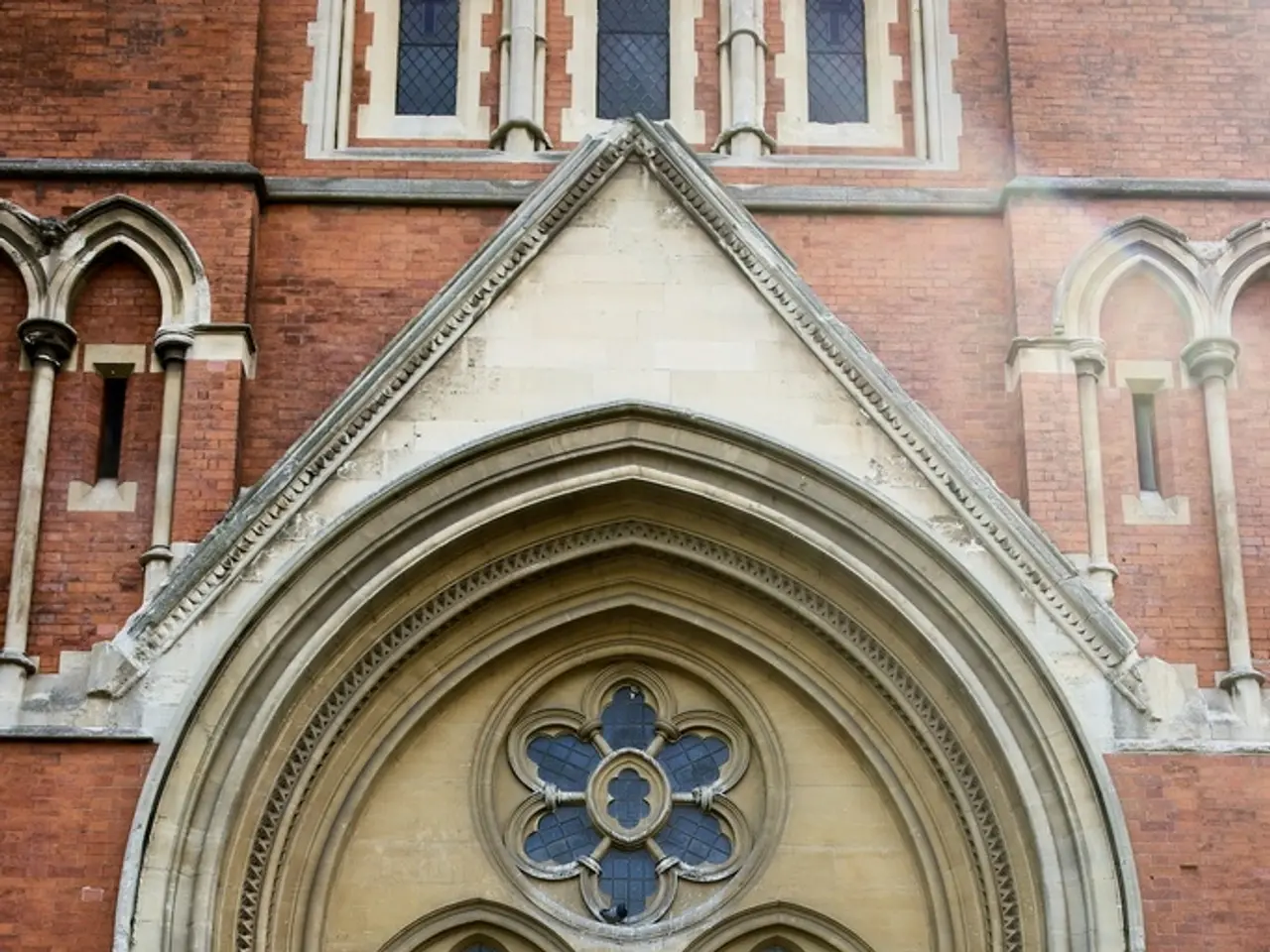welcoming tidings within the Roma community: "Christ embraces and elevates us all"
In Hungary and beyond, the Hungarian Gypsy Missions International (HGMI) stands as a testament to the transformative power of faith and community. This Christian mission organization, with a growing workforce of 1300, is making significant strides in evangelism and outreach among the Roma (Gypsy) populations.
Recently, the European Evangelical Alliance published an article highlighting HGMI's work, emphasising their approach that often involves establishing churches, running social programs, supporting education, and fostering cultural respect within Roma communities through Christian ministry. The strategy is rooted in building trusting relationships, community development, and addressing the social challenges faced by the Roma alongside spiritual outreach.
The HGMI model is inspired by the biblical story of Esther, where God's work is evident but His name is not explicitly mentioned. This approach has led to a significant impact across Hungary, with born-again gypsies occupying key positions in both gypsy councils and wider local councils. Notably, the national head of the Gypsy Councils and the Secretary of State for Gypsy Affairs are Christians.
Albert Durker, HGMI's President, appeals to the wider Church to stand with them, partner with them, and speak up for them when they face injustice. His message is one of unity, urging the Church to turn towards the Roma, hug them, and then the Roma will be raised up. He believes that the Church should work together with the Roma, as God lifts all people through Christ, rather than lifting up the Roma.
In a recent incident, a gypsy church was destroyed by fire, prompting the mayor to request its relocation outside the town. However, Albert encourages the Church to provide character references for Roma individuals discriminated against in job opportunities.
HGMI's vision is for the Roma community to give an example for others to follow, to shame worldly thinking, and to show and share God's light so that many will turn to Christ. Across Europe, the people who are most turning to the Lord are gypsies and immigrants.
The keys to working with Roma people, according to Albert, are to love them, find key people to disciple, and train these disciples to plant small church congregations in local settlements. HGMI utilises secular vocabulary like mentoring, training, and community transformation to secure funding for their work.
The article, penned by Julia Doxat-Purser, the socio-political representative of the European Evangelical Alliance, was first published by Evangelical Focus. It sheds light on the similar situation faced by gypsies across Europe, where they are often excluded, face prejudice, and encounter numerous barriers.
The Hope Centre, a ministry of HGMI, was introduced by the European Evangelical Alliance in the article as a shining example of HGMI's work. As we continue to navigate the complexities of societal prejudices, HGMI's work serves as a beacon of hope, demonstrating the potential for unity, understanding, and transformation when the Church stands with and for the marginalised.
In the spirit of HGMI's work, the European Evangelical Alliance emphasizes the need for a lifestyle that supports outdoor-living and home-and-garden initiatives within Roma communities, as these activities can help foster a sense of belonging and community development. By establishing community gardens and organizing outdoor events, HGMI aims to further their goal of building trusting relationships and addressing social challenges faced by the Roma population. This approach, rooted in Christian ministry, is inspired by the biblical story of Esther and the transformative power of faith and community.




